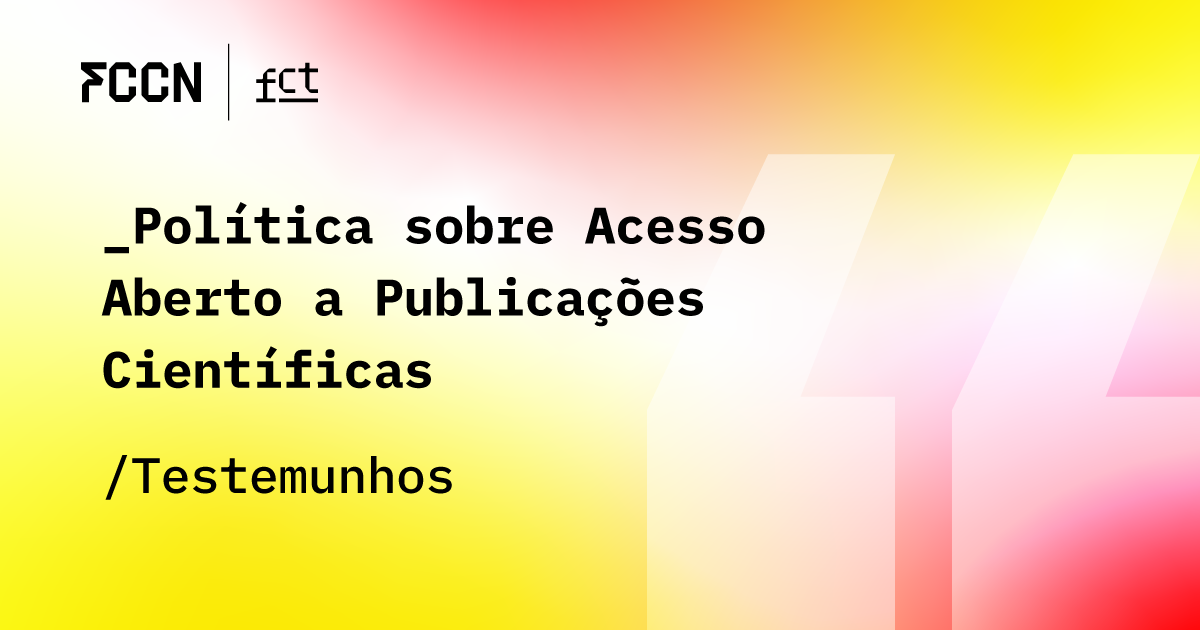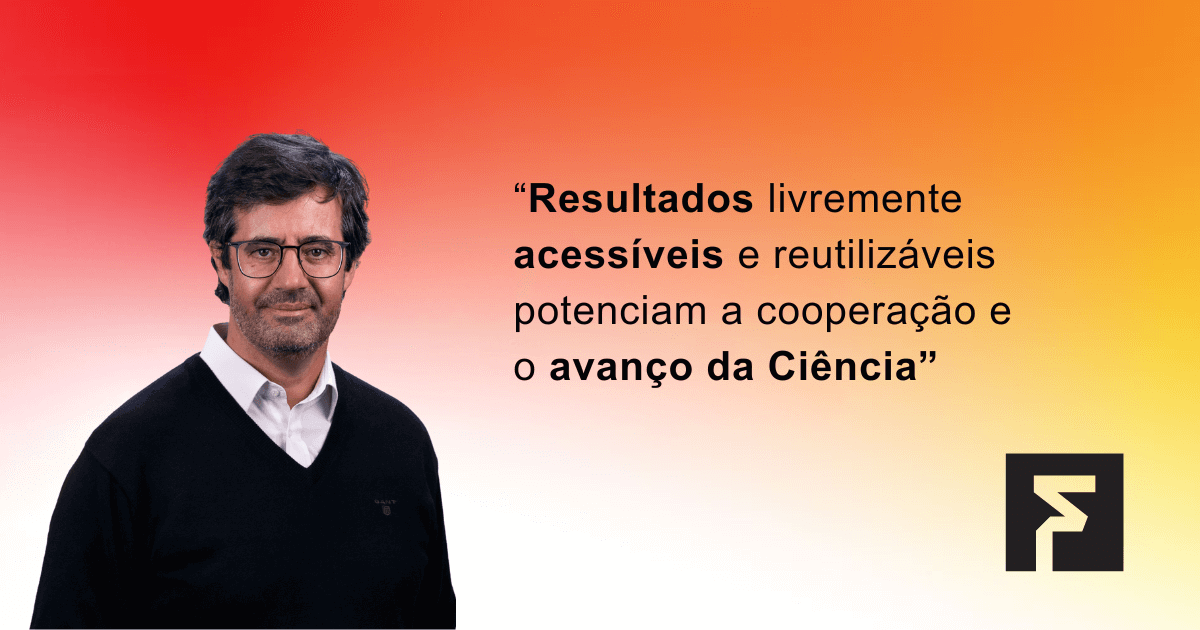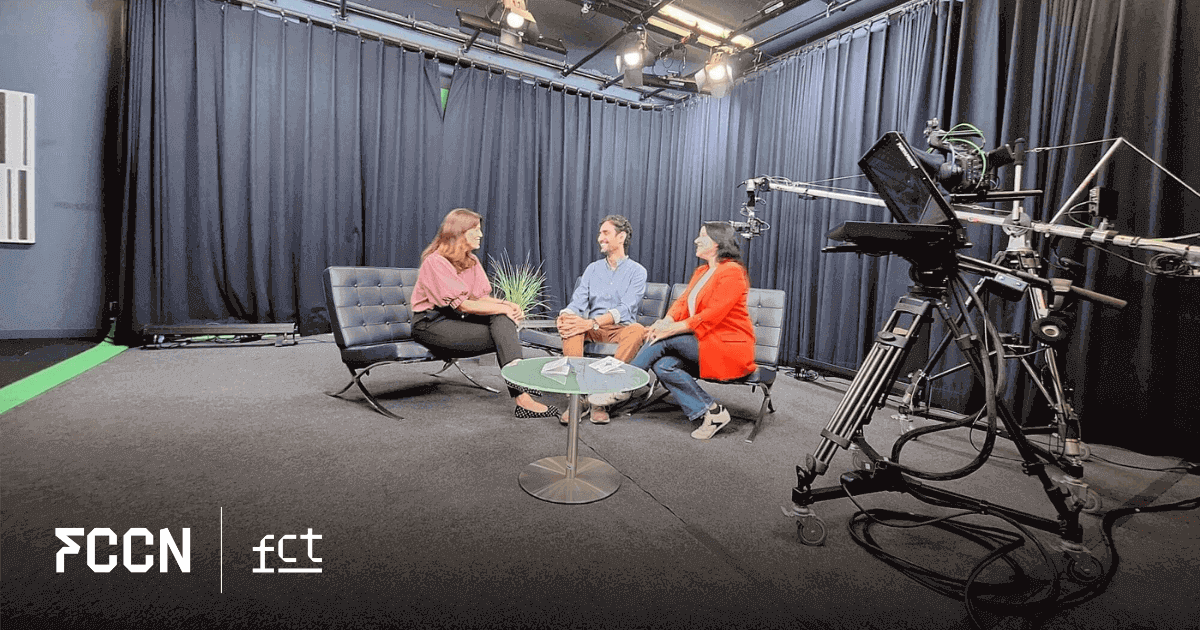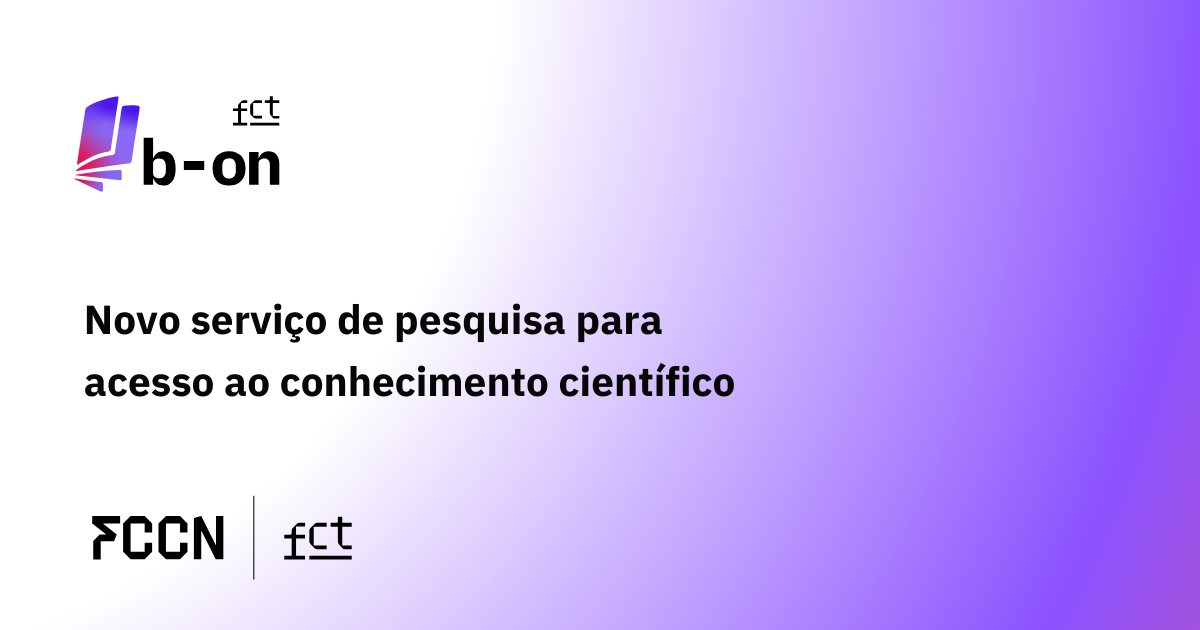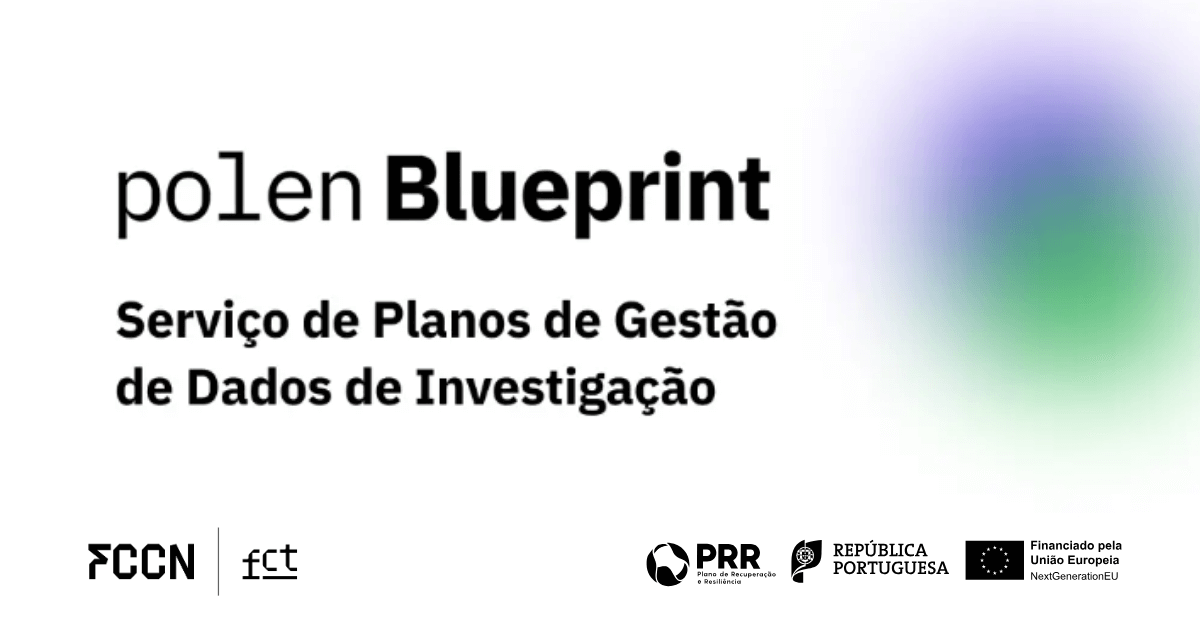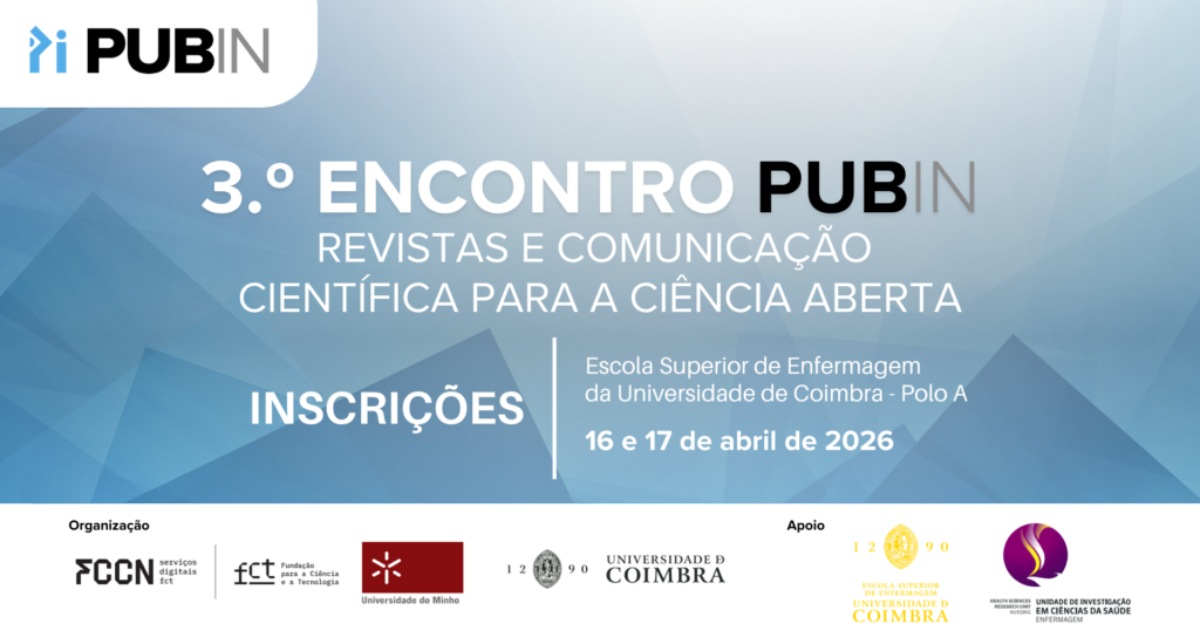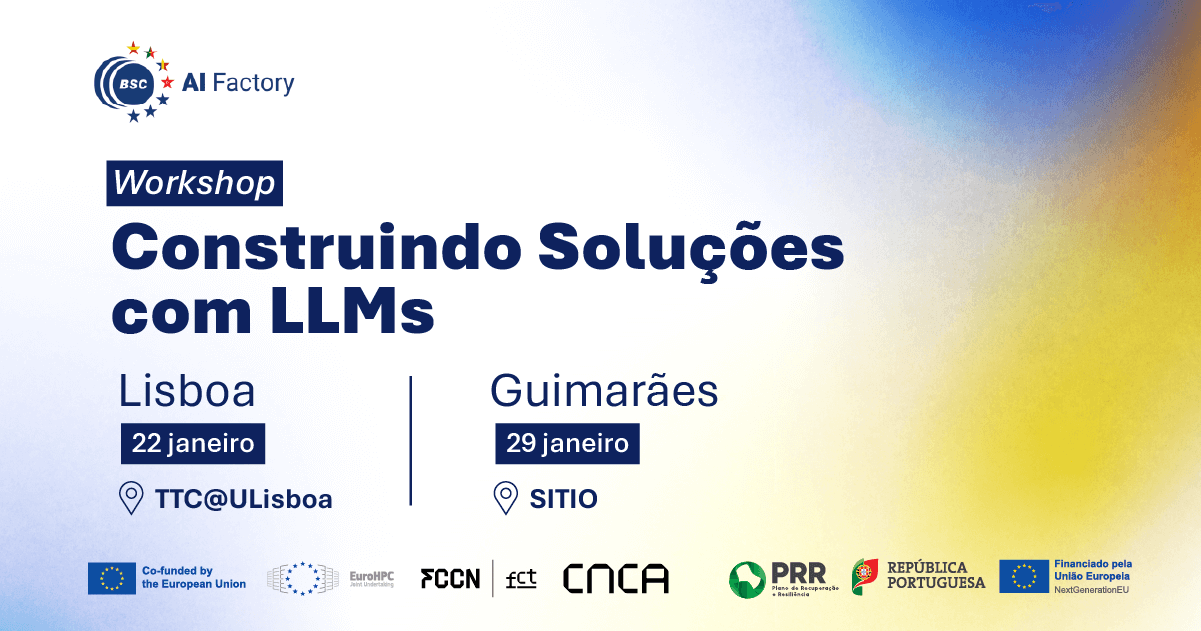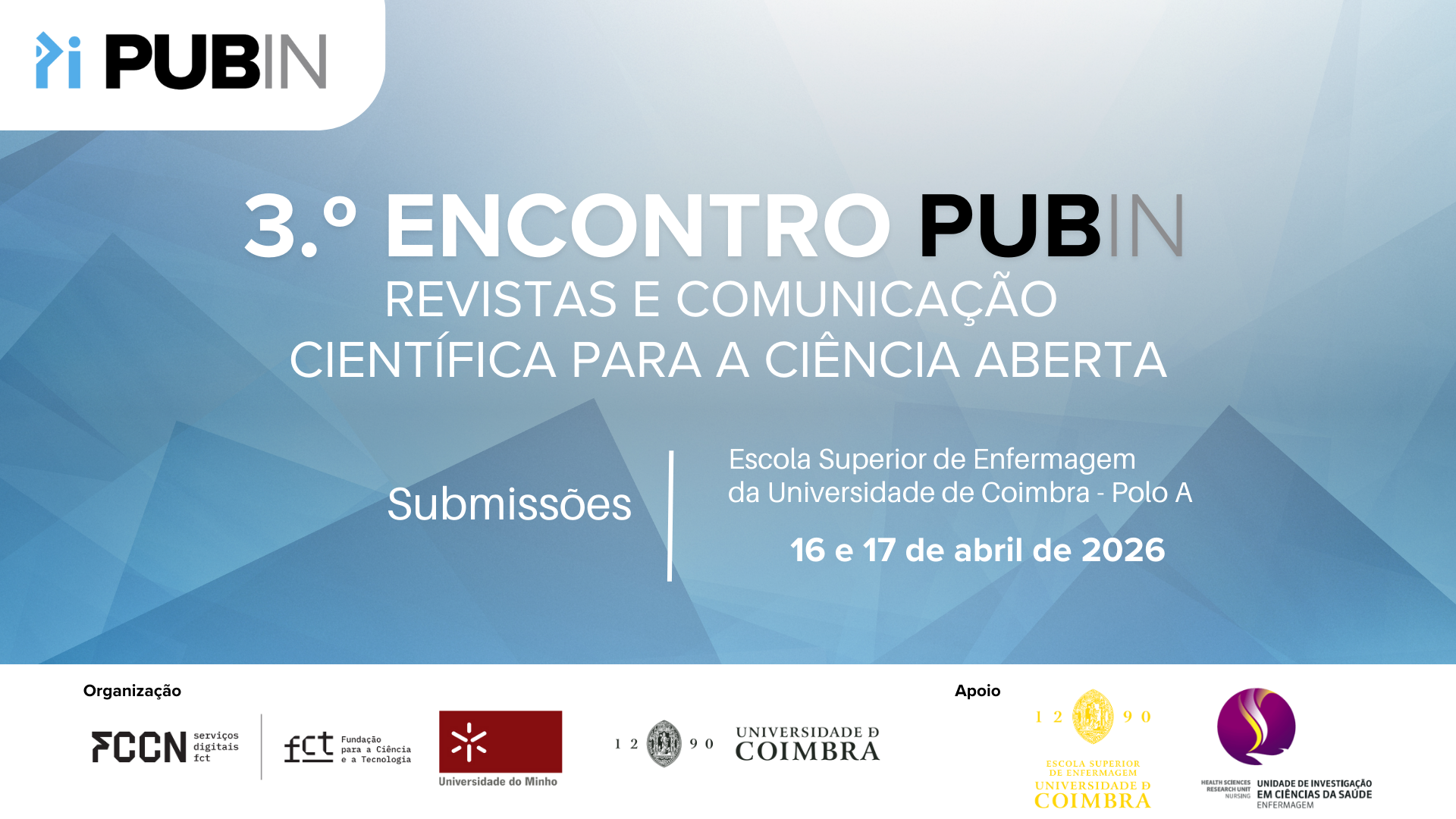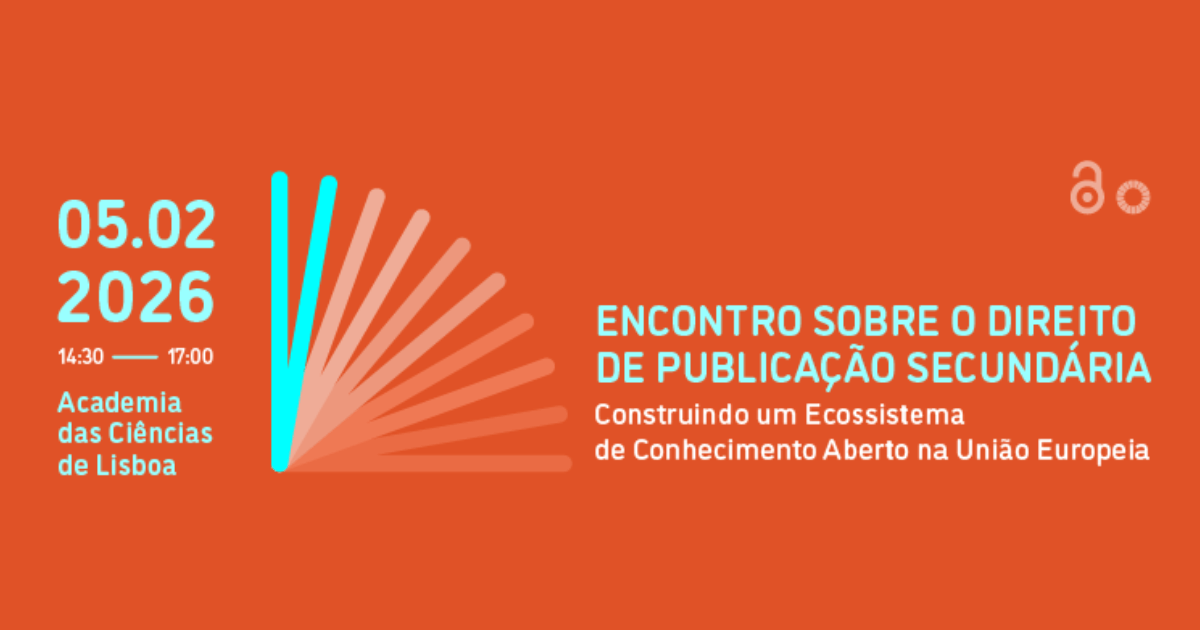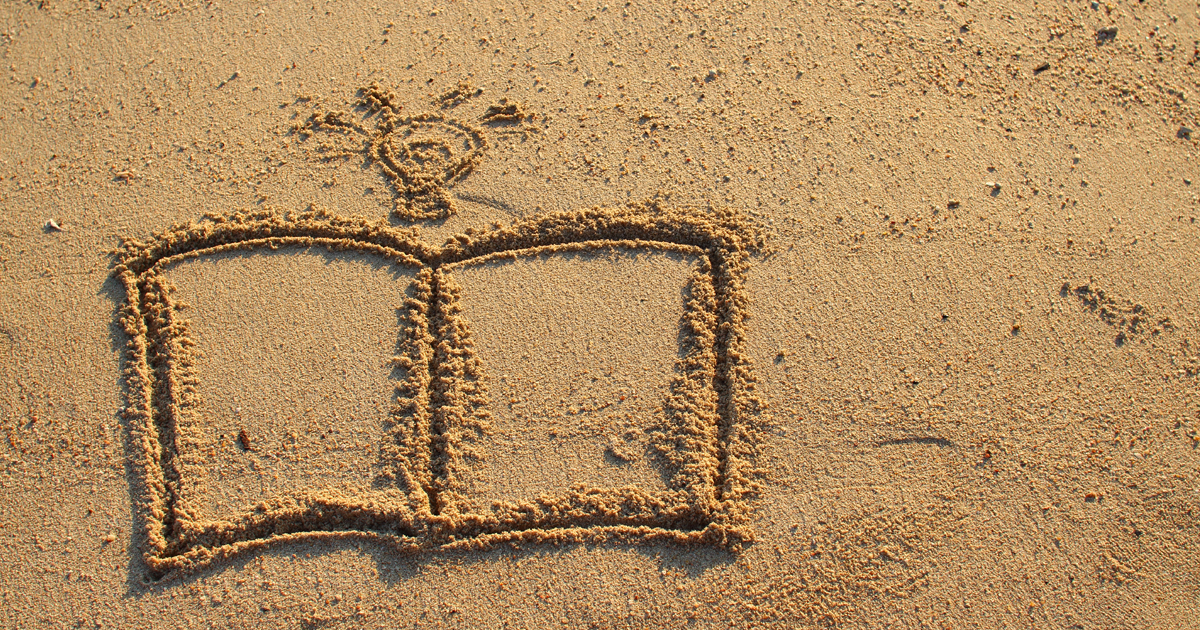

Vacation! We spend months waiting for the opportunity to sink our toes into a few inches of sand, while listening to the distant thunder of the waves, keeping a safe distance, of course.
But being on vacation doesn't mean stopping learning. The brain is a lazy creature, needing constant stimulation to avoid forgetting things. When it doesn't forget, it constantly shuffles and mixes them with other memories.
Have you ever wondered, like I did, why you go back and double-check that the door is truly closed and that the key has turned enough times to lock it? I do it constantly, because mundane, repetitive tasks have little or no relevance to our memory. We occasionally see the same effect in regular education, where the key is studying and, rarely, practicing.
Studying puts us in the moment. It's the activity we do before that important exam to commit everything to short-term memory. It's this phenomenon that gives us a vague idea of certain subjects and concepts that we've been leaving behind during our educational journey.
Practicing helps keep knowledge alive. The more we practice, the better we retain it. Like a closet, the clothes we use most are always at hand, while the ones we don't wear as much, either because they're faded or because visits to the refrigerator have increased with the pandemic, are lost in the back of the closet. With all this in mind, I believe summer is a great time to learn something new or hone a new skill, in a more informal (and tanned) way, always with the due appreciation that knowledge demands.
Audiobooks and podcasts
Let's start with the multi-hour trips, north or south, alone or with family, with the promise of brief days of rest. In three hours of travel, we listen to the same single four times before deciding to mute the radio. These three hours could be spent much more productively.
One of the activities I enjoy most involves listening to a good podcast on a longer trip. Even if your preference might be something more visual, podcasts are thematic and contain a wealth of information that's easy to absorb, especially due to their "coffee shop" tone. In them, we feel part of the conversation, not just listeners. We identify with the experiences described by the participants and, not infrequently, respond with a resounding "me too."
Podcasts tend to be free, always with the aim of disseminating experiences or knowledge.
Platforms like Google Podcasts or the Spotify are powerful search engines and index this type of content and, considering their availability, why not give it a try?
Already the audiobooks are something much more specific. Who hasn't had the experience of reading a book on the beach and ending up with a bookmark made of sand and sunscreen? Not wanting to turn this into a TV commercial, one of those selling some magical product that solves a minor problem, I admit my personal preference for the flexibility I get from an audiobook.
If we grew up listening to adults tell us bedtime stories, why not listen to a professional narrate a work of fiction or a passage from the bibliography of someone who inspires us? A good book, even if it's fiction, brings with it the acquisition of new vocabulary to our grammatical compendium. A good audiobook adds correct diction and understanding of the meaning of certain words in a sentence.
If this explanation has piqued your interest, then there's nothing like visiting the Audible platform and try one of the available works. You can also visit the English-language website and access thousands of other works in that language, so you can start practicing for an international vacation.
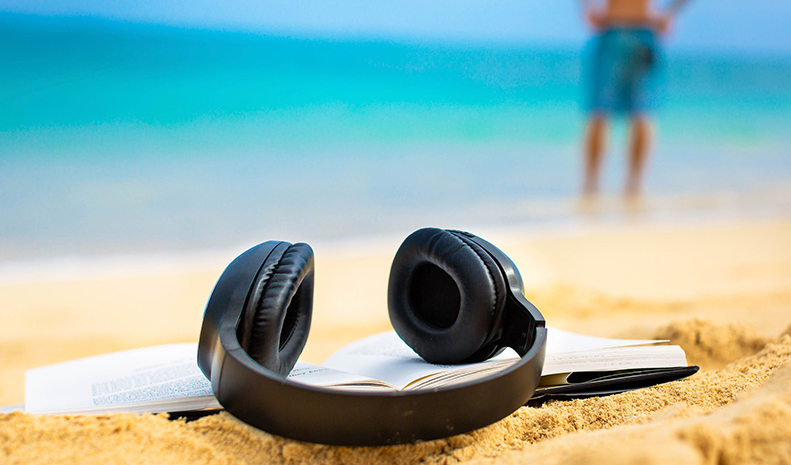
Games and flashcards
Learning becomes much more interesting when mixed with fun. Games are, in themselves, relaxing and unwinding activities, even when we're not playing some e-sport!
We play to release the pressure of everyday life and the problems that surround us. We use them as platforms for abstraction and experimentation. That's where they shine.
Much has been said about the association between games and learning. Some argue that they are excellent motivators for continued learning and that their mechanics can easily be applied to other areas (gamification). I, like many other game lovers, agree with these ideas.
Evidence that games are great for learning can be found in applications like DuolingoIn this app, available on virtually all mobile devices, we're compelled to learn a new language in a practical, game-like structure. Each time we complete a milestone, we receive a reward, which makes us want to play again and advance to the next level.
Games also allow us to learn through mistakes, creating spaces for experimentation to make this happen. An example of this is what we find in Duolingo, which allows students to make as many mistakes as necessary without completely blocking their progress or forcing them to start from scratch.
Another activity I'd like to share with you is flashcards, cards that help you memorize concepts and words through repetition. It's curious that many of us, as adults, stop hearing about these cards or simply forget that they were part of our childhood, when we were acquiring basic vocabulary.
Flashcards are now available in digital form in applications such as DuoCards They're excellent memorization aids. We can use them with the latest words we've learned in a given language or with concepts we don't want to forget about a given subject. On one side, we write the word and on the other, its meaning. After that, like any good recipe, 5 minutes a day of memorization, and your brain's "six pack" will certainly be strengthened.
Take a short course
I admit that taking advantage of the summer holidays to do training isn't something I usually do, but for me, it makes perfect sense. Maybe because I'm on vacation, because I'm not anxious about a fast-approaching deadline, or because I know I can learn something completely out of the box to apply to a project at home. The interesting thing about the concept of learning is that there's never a minimum number of hours to do it. Each of us can, autonomously, do it to our own liking.
In this context, massive open courses (also known as MOOCs) provide access to high-quality content created by various specialized entities, such as universities and polytechnics. NAU is a platform dedicated to Lusophony and Portuguese-language content, where you can take a free course any day, any time. Why not take advantage of that overcast day to learn more about GDPR, know the fundamentals of Digital Accessibility and its importance or make one introduction to wine tasting, preferably with the practical part.
There's no ideal time to learn, that's true, but learning doesn't have to be formal, boring, or time-consuming. In recent years, I've taken advantage of various available resources to acquire new knowledge in subjects ranging from engineering to cooking. I'll continue to take advantage of these tools, and I'll share my suggestions here so you can do the same.
